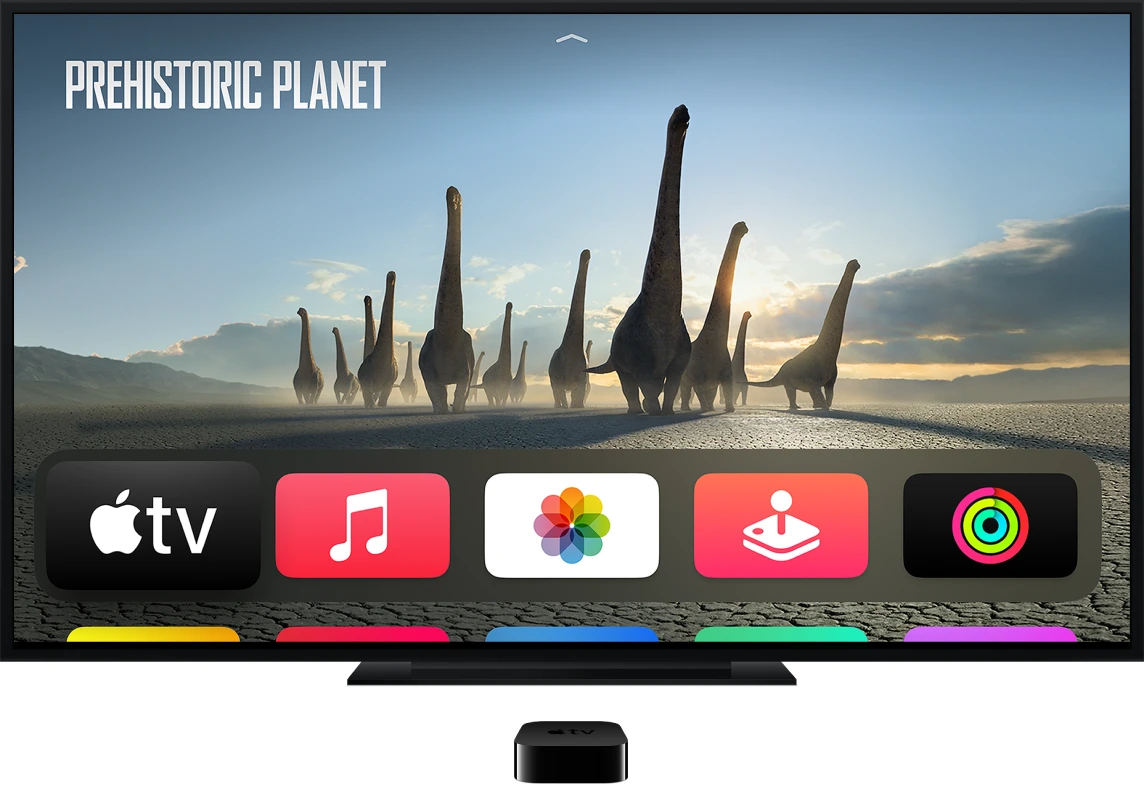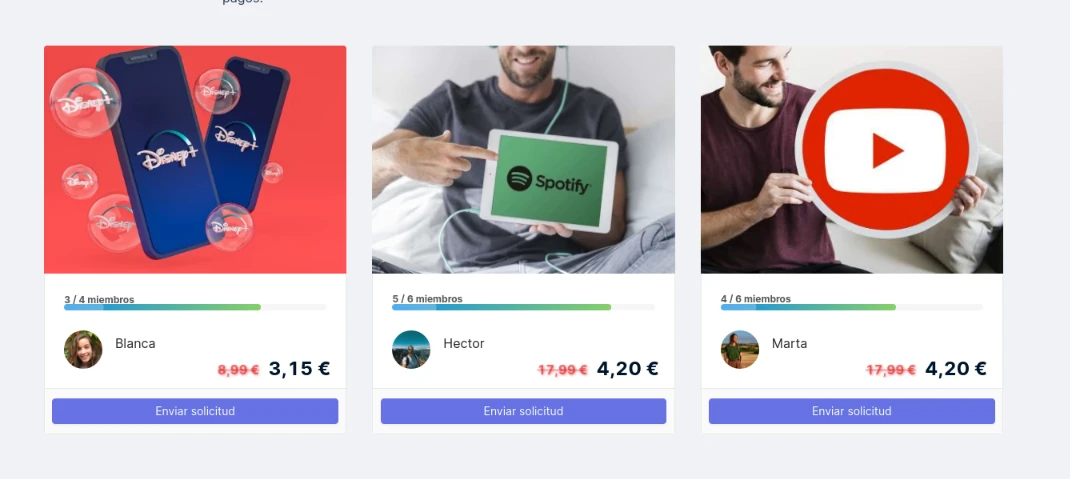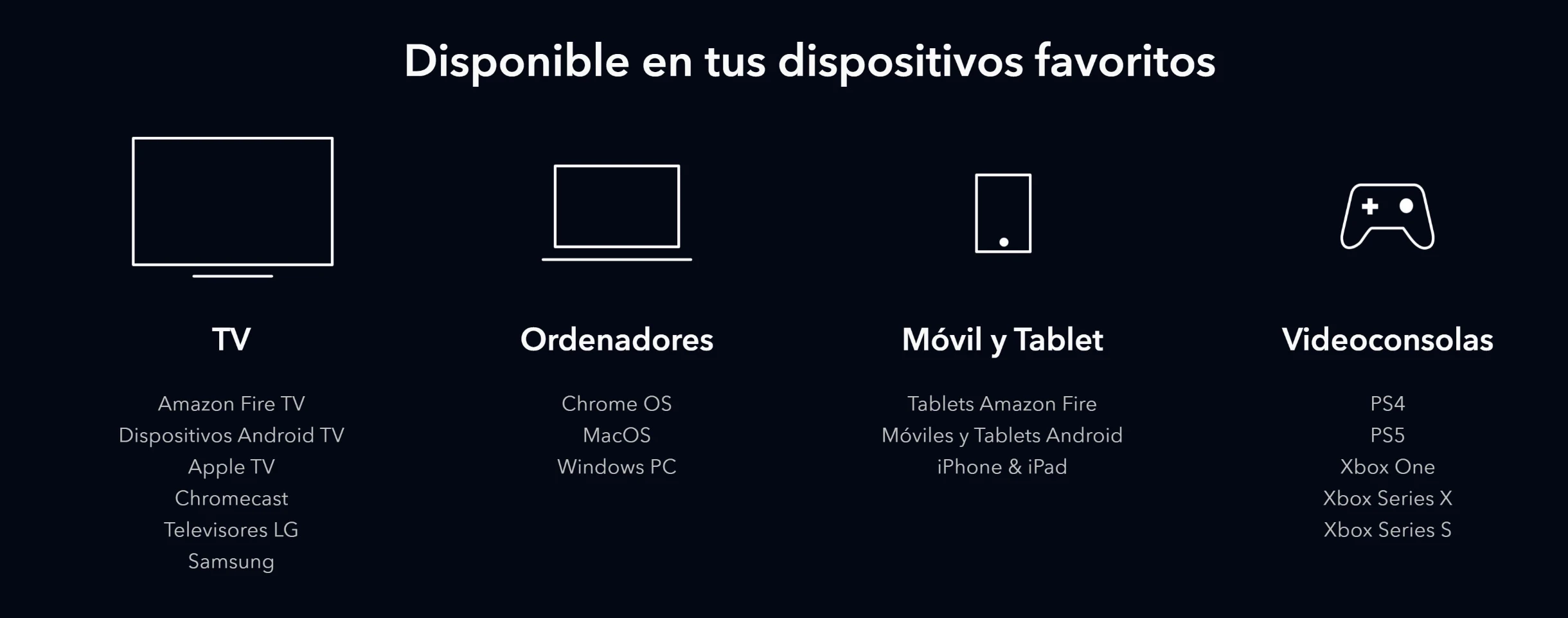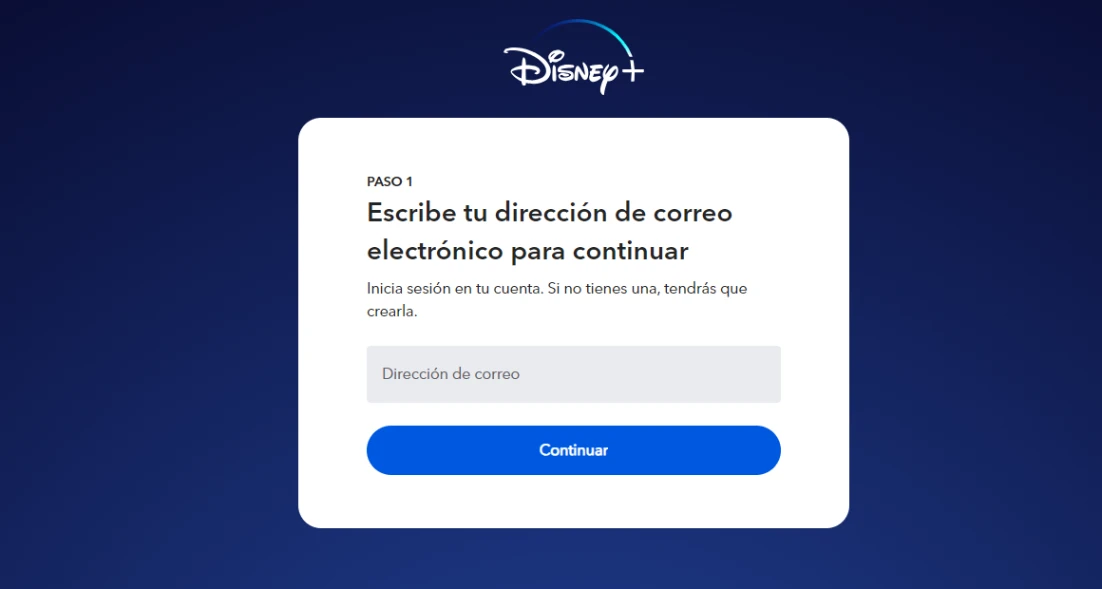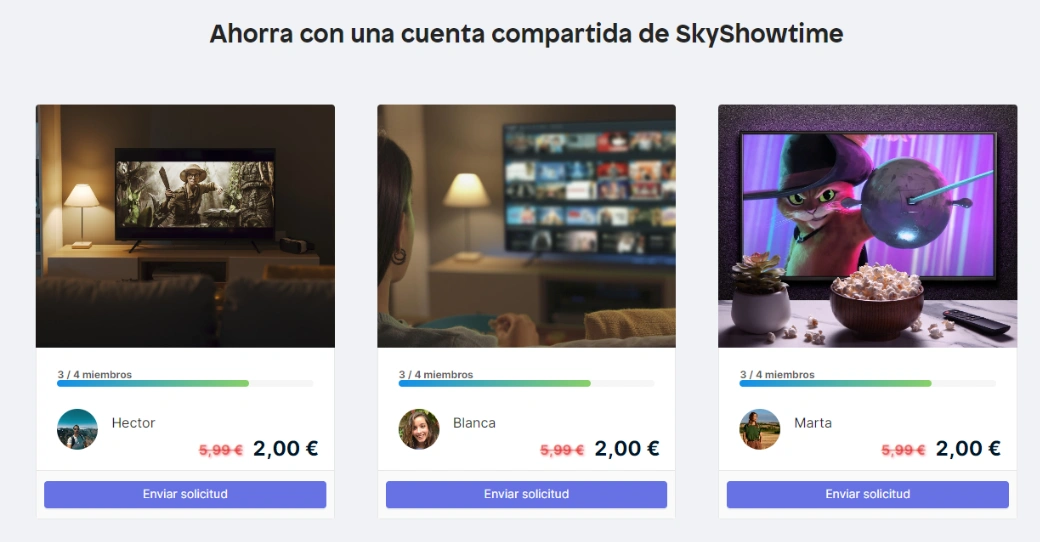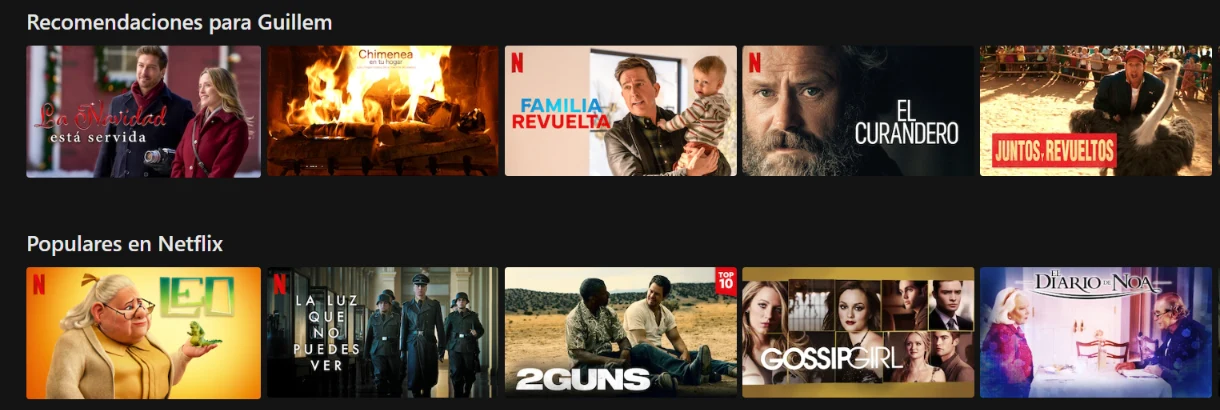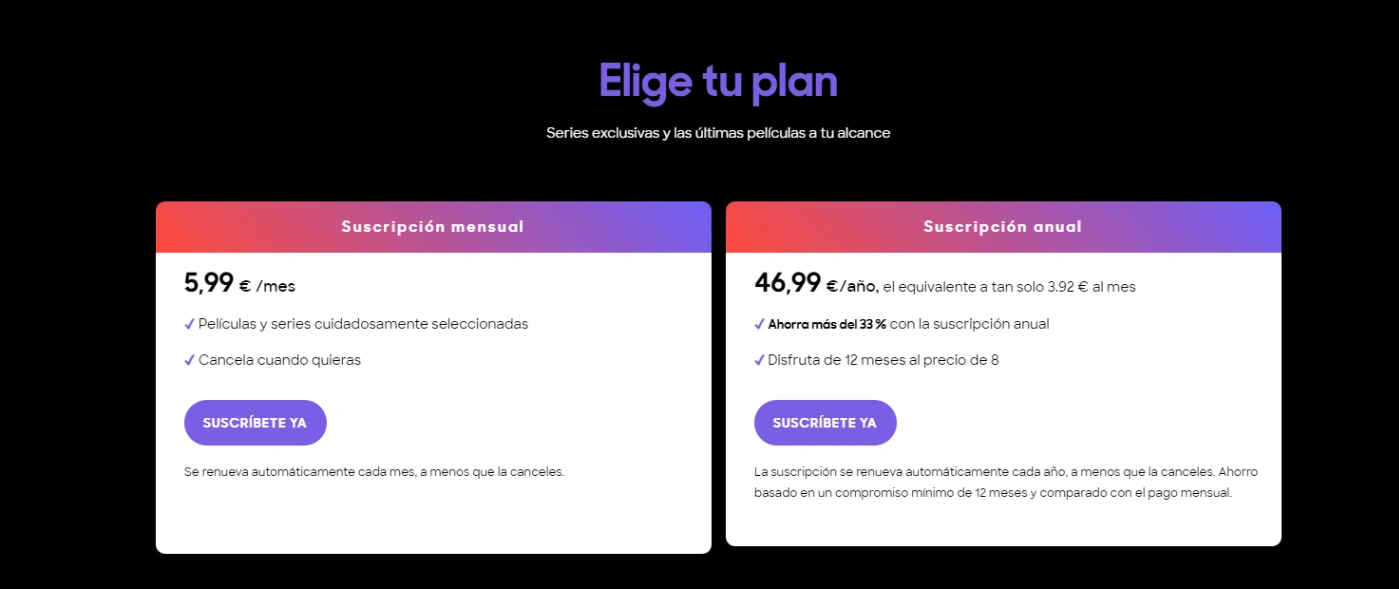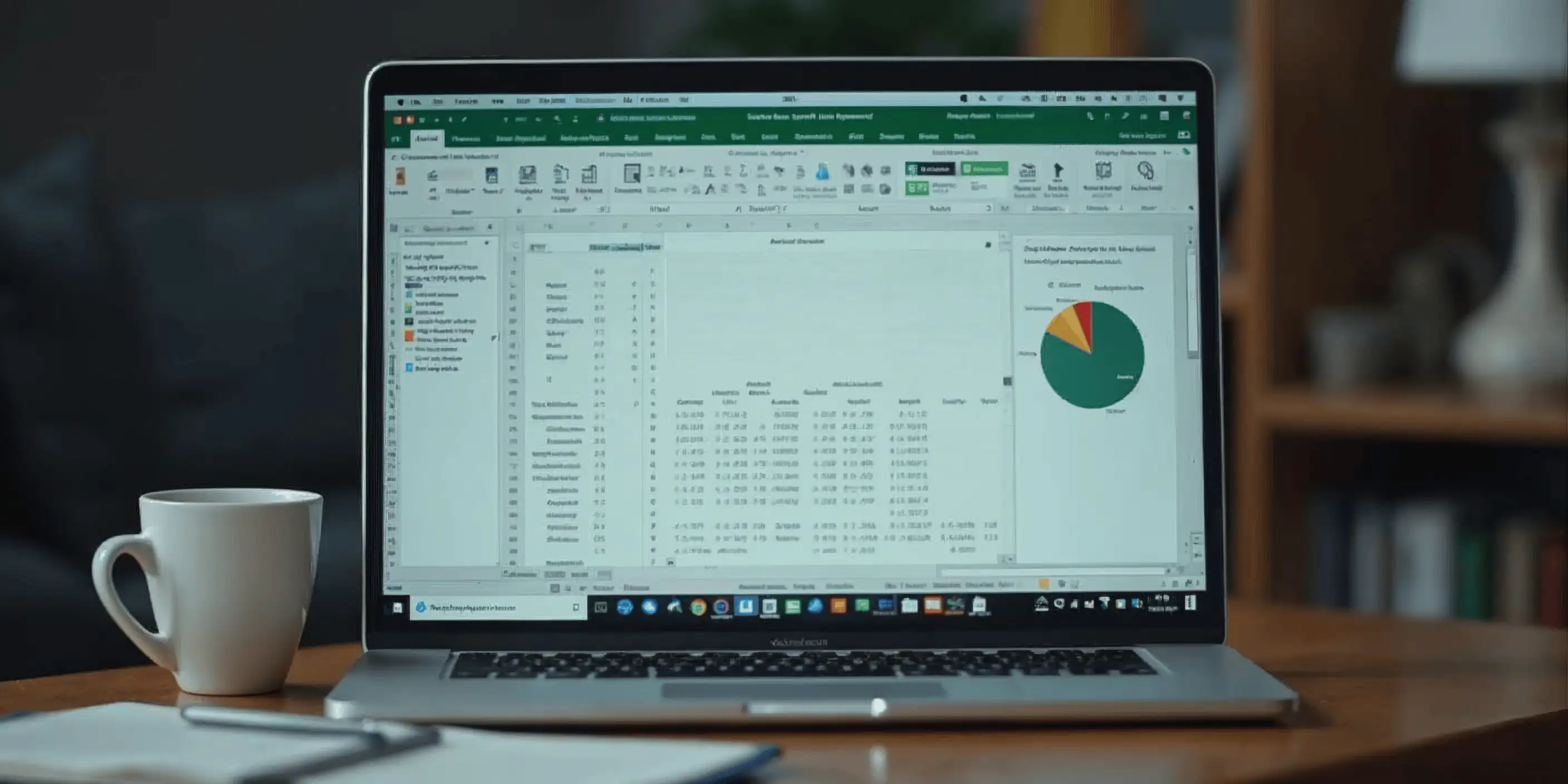Do you know how the Sharing Economy works?
Discover how the collaborative economy works and how this new form of exchange is transforming the way we consume and share resources.

The collaborative economy, also known as the sharing economy, is a concept that has gained much popularity in recent years. It consists of the exchange of goods, services, and resources through digital platforms, allowing people to take advantage of idle assets and generate additional income. But what exactly is the collaborative economy and how does it work?
What is the Collaborative Economy?
The collaborative economy is based on the idea of sharing instead of owning. Instead of buying a product or hiring a service from a traditional company, the collaborative economy facilitates direct connections between providers and consumers through online platforms. These platforms act as intermediaries, making it possible for people to share their resources efficiently and profitably.
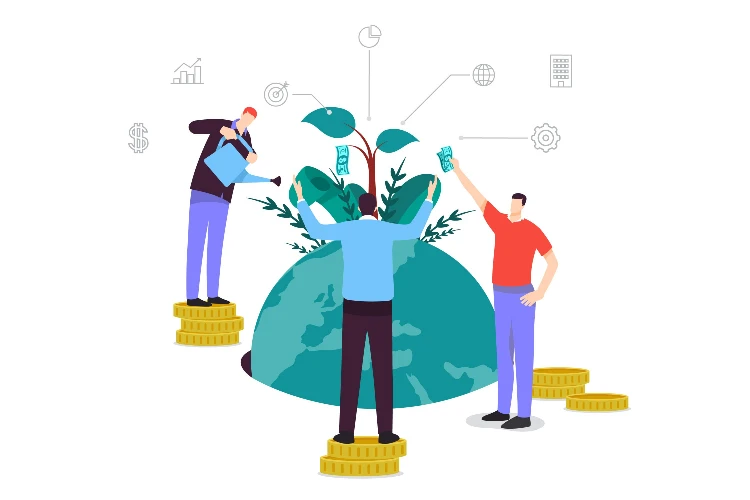
One of the key features of the collaborative economy is trust. Users of these platforms rely on ratings and reviews from other users to make decisions. This allows for the creation of a community where transactions are based on reputation and service quality. Additionally, many of these platforms use identity verification systems and security measures to ensure trust and safety for all participants.
In the collaborative economy, there are different types of services that can be shared. For example, shared accommodation has gained popularity in recent years. Platforms like Airbnb allow people to rent out their homes or rooms to travelers looking for a more authentic and economical experience. This not only benefits travelers but also hosts who can generate additional income by sharing their space.
Another example of collaborative economy is shared transportation. Companies like Uber have revolutionized how we move around cities. Instead of depending on traditional taxis, we can now request a ride through an app and be picked up by private drivers. This is not only convenient but also helps reduce traffic congestion and lower carbon emissions.
In addition to accommodation and transportation services, there are many other forms of collaborative economy. For example, platforms like TaskRabbit allow people to hire others for small tasks and jobs such as cleaning the house, assembling furniture or running errands. There are also skill-sharing platforms where people can offer their knowledge in exchange for help in other areas.
How Consumers Benefit from the Collaborative Economy
The collaborative economy offers numerous benefits to consumers. First off, it provides access to a wide range of goods and services at lower prices than those offered by traditional companies due to providers not having to bear high infrastructure costs or advertising expenses.
Another significant benefit is flexibility. Consumers can quickly access needed services conveniently without committing themselves to long contracts or long-term commitments—particularly useful for those needing sporadic service use or limited time periods.
Moreover, the collaborative economy promotes sustainability by reducing overproduction consumption needs through resource-sharing—potentially leading to reduced environmental impact at a time when sustainability concerns are increasingly paramount.
Consumers also benefit from greater variety within online platforms offering products/services otherwise difficult finding—like specific collectible items likely found more easily within an online marketplace than physical stores.
Furthermore, trust among consumers gets promoted via rating/review systems allowing quality/reliability assessments before transactions—providing peace-of-mind when using sharing-economy services based on others' experiences.
An additional important benefit includes learning opportunities/new skill acquisition with many sharing-economy platforms offering knowledge-sharing opportunities—for instance online classes/workshops taught by experts across various fields enabling consumers not just learning new skills but potentially earning extra income as service providers.
Sharingful Is an Example of Collaborative Economy
A concrete example of collaborative economics is Sharingful, a platform that allows cost-sharing subscriptions with others—enabling enjoyment across various platforms without impacting your wallet significantly.
At Sharingful you can share subscriptions like Netflix, Disney Plus, HBO Max Spotify Premium YouTube Premium among others.
The collaborative economy has revolutionized how people access products/services with Sharingful clearly demonstrating this trend's reach into saving via subscriptions—allowing subscription shares saving up 80% costs.
The Future Of The Collaborative Economy
The growth trajectory seems unstoppable with expectations set towards continued expansion into future horizons—as more individuals opt towards sharing over ownership contributing towards efficient/sustainable economies overall.
Future developments may get influenced by emerging technologies like artificial intelligence/blockchain aiding transactional trust/security alongside resource management enhancements even further efficiency-wise.
Additionally employment/entrepreneurship opportunities arise with increasing numbers finding creative income generation methods via sharing-economy platforms—from room rentals transportation services democratizing economic access enabling asset monetization more effectively overall.
On another note environmental impacts see positive influences via resource-sharing efficient usage reducing new good production needs lowering ecological footprints—a crucial aspect amidst rising climate change/sustainability concerns globally today.
Moreover community-building gets fostered stronger ties/connection establishment amongst individuals through good/service shares promoting belonging/collaboration senses strengthening social fabrics within communities overall.
















